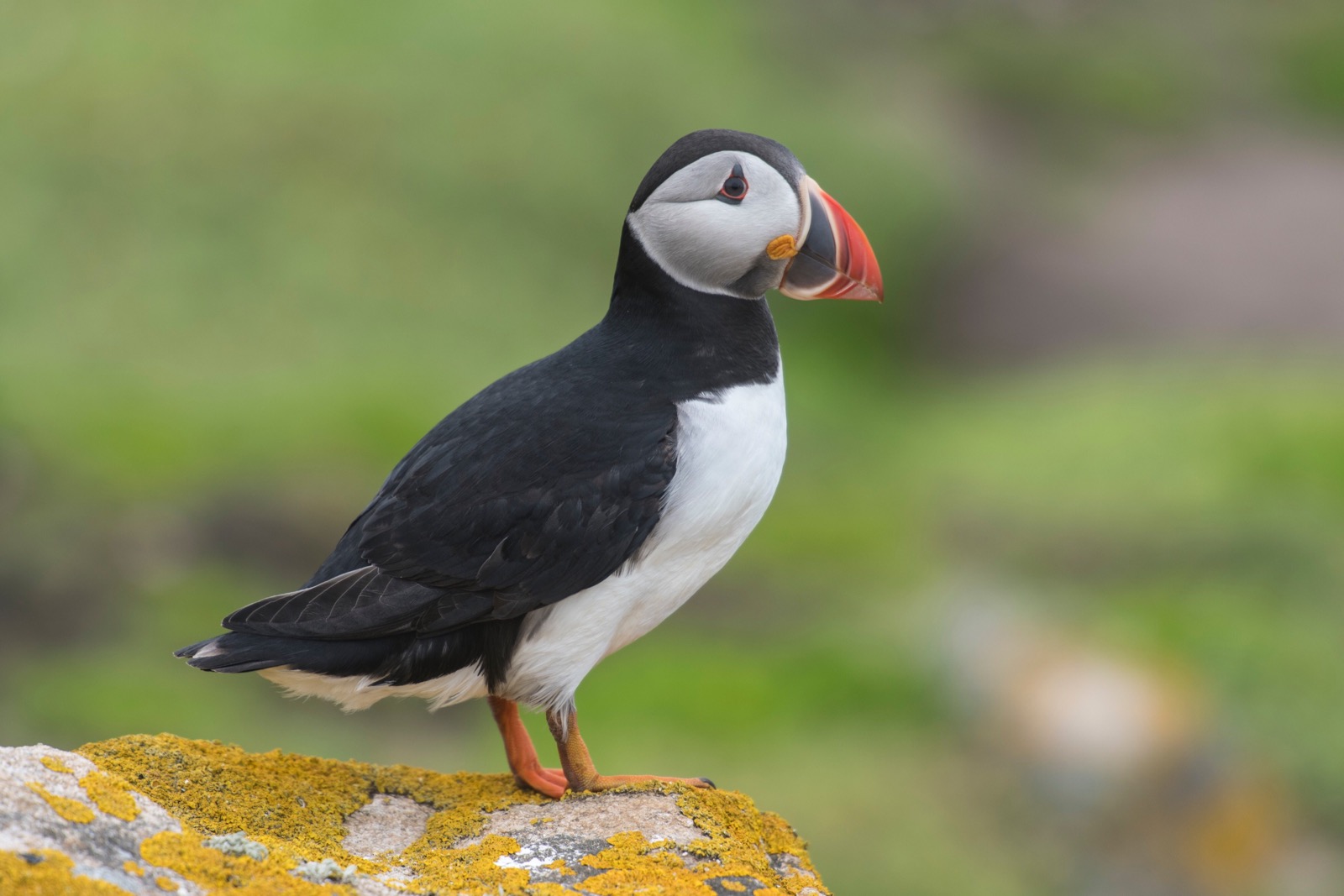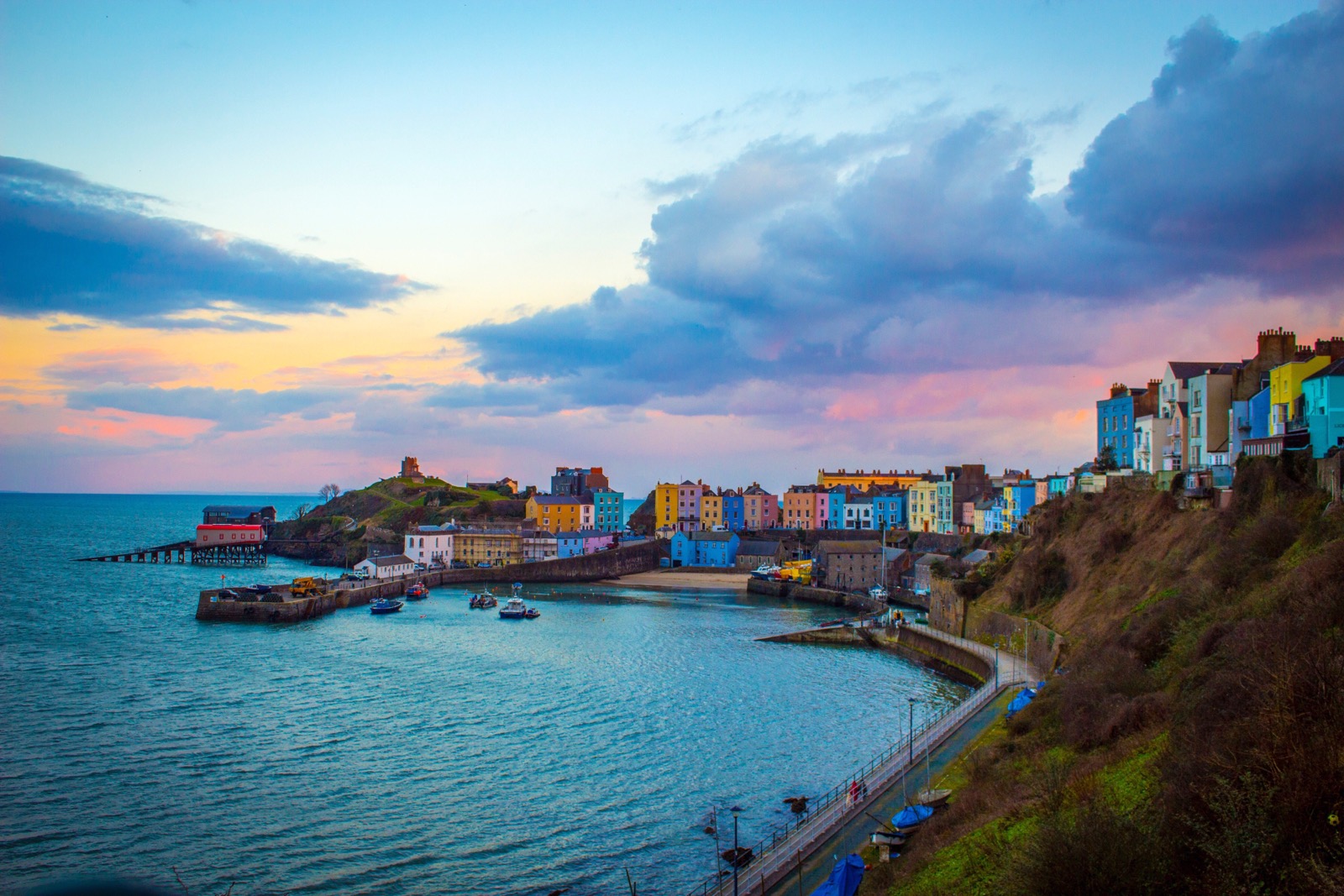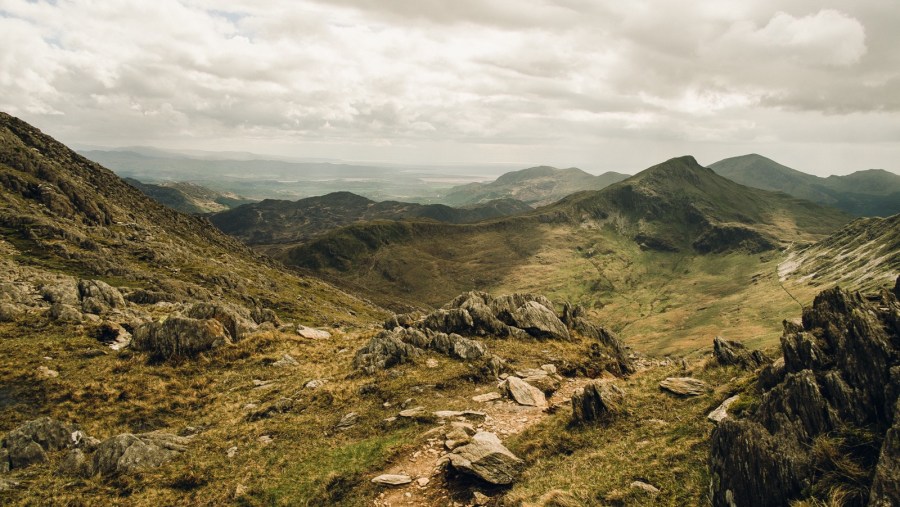Andrew Hall from Campaign for National Parks outlines the case for radical change in Britain’s National Parks
By Andrew Hall, Campaigns and Communications Officer at Campaign for National Parks
Introduction
England and Wales’ 13 National Parks mean a lot of things to different people. Some call them home or their place of work. For others they are a place for exciting adventure or enjoying the simple pleasure of an indulgent cream tea. Unlike National Parks in other countries, ours are not great expanses of wilderness; in the UK they are landscapes shaped by human intervention over centuries, and they are designated for everyone to enjoy.
This National Parks Week, July 22-29, many of you will be visiting and celebrating these wonderful places, but more than ever our National Parks need your support. There are great pressures on the Parks and these threaten to make them less vibrant, less compelling and less resilient.
A story of people power
Next year will be 70 years since the 1949 legislation that has led to the family of National Parks we have in England and Wales. The story of the Parks has always been one of bringing people together. In the 1930s mass trespasses saw thousands protest for their right to experience the countryside – resulting in jail for many. And in the 1940s charities as diverse as Ramblers and Zoological Society of London came together to press the case for National Parks, establishing the organisation that is today known as Campaign for National Parks.
While Britain looks and feels very different from the 1930s, the National Park family remains underpinned with the purpose of welcoming everyone to experience and enjoy the many treasures they have to offer. Grandparents introduce their grandchildren to the wonders of the countryside. Archaeologists and conservationists rub shoulders to explore the historical and natural heritage of the landscape. Friends challenge one another to scale Britain’s highest peaks. And people from all generations are finding solace in the beauty and tranquillity of the great outdoors.
Our Parks have to be doing more to ensure they are flourishing with abundant and diverse species. Due to the many and varied interests in the Parks, achieving change will have to be taken forward in partnership
For some of us the pleasures of this summer have been a welcome distraction; some of us have enjoyed the warm weather, a shockingly good performance by the England football team or even the twists and turns of Love Island. But during National Parks Week we are able to celebrate the diverse and characterful places that make this country truly great. Whether that’s a picnic in the Broads, arts and crafts in Snowdonia or exploring caverns in the Peak District
Challenges
But all is not rosy in our green and pleasant landscapes. These special places face immediate but also looming threats and challenges. Boosting nature in the Parks is one of those challenges that animates all sides of the debate.
Too often our National Parks are not leading the way in nature conservation. As a new report by Campaign for National Parks shows, more needs to be done to tackle the national declines in wildlife from within the Parks.
While all of the Parks are important areas for wildlife we know they are facing immense pressures that vary across the National Park family. The Lake District manages millions more tourists than Exmoor, and all the pressures that comes with them. Wildlife in the rugged landscapes of the Pembrokeshire Coast certainly face different challenges compared to, say, the Peak District.
Rural public transport, if it exists at all, is often infrequent and labyrinthine in its complexity, sometimes with no services even on peak visitor days. This leaves many of us with no choice but to use our cars
Our upland National Parks face pressure from intensive grazing and climate change, while habitats within the Parks are also threatened by reckless development. In Britain’s newest National Park, the South Downs, a bypass threatens acres of irreplaceable ancient woodland.
Dramatic and intensive changes over the last 70 years means we no longer see the abundance and types of species we once did across England and Wales, even in our National Parks. When we already live in one of the world’s most nature-deprived countries this state of affairs is clearly not good enough.
Our Parks have to be doing more to ensure they are flourishing with abundant and diverse species. Due to the many and varied interests in the Parks, not least land owners and farmers, achieving change will have to be taken forward in partnership. But change will also require vision and strong leadership from the Westminster and Welsh Governments and the National Park Authorities who administer the Parks. Urgent changes are needed to the way we measure successful conservation, how we incentivise private land owners to manage the land, and our whole approach to putting life back into the landscape.
It’s not just wildlife facing a difficult time in our National Parks. Many young people are frustrated with being forced out of the communities they grew up in, as inflated house prices make living in the Parks increasingly unaffordable for many. Tackling this is key to ensuring the long-term prosperity of our rural economy.

© Wynand van Poortvlient / Unsplash
Without vibrant, diverse communities, our National Parks lose part of what makes them special. Many, more qualified than I, have written about the merits of managing the market for second homes, the pros and cons of holiday homes and other ways to boost our National Park communities, but it’s clear that more needs to be done.
And have you considered how people get to and around the Parks when they visit? Many of us love the peace and tranquillity that hiking, camping or a woodland walk offers, but too many of us are causing damage by using private cars. For the quarter of households without a private car, this very much means swathes of our beautiful National Parks are off limits.
When did you last take a bus to Dartmoor? Trust me it isn’t easy. Rural public transport, if it exists at all, is often infrequent and labyrinthine in its complexity, sometimes with no services even on peak visitor days. This leaves many of us with no choice but to use our cars. It’s simply not good enough if we want to see our children and grandchildren enjoy National Parks the way we currently do.

© Beata Mitrega / Unsplash
Change on the horizon
But things are going to change. As we leave the EU, the way farming is supported by public money is going to change in England and Wales and this will have a profound effect on the National Parks. For the last four decades, the agricultural policy created at the European level has supported an approach to farming that has not always been beneficial to the environment. This has included farming becoming more mechanised and often more intensive; the use of fertiliser and chemicals have become more widespread; and farms have become larger and more specialised and small farms more uneconomic. There is now an opportunity to change this for good.
The Westminster Government has already consulted and the Welsh Government is currently consulting on a new system that uses public money to pay for environmental good. We are also awaiting an Agriculture Bill in autumn that will further detail plans for England. Prime Minister Theresa May has just announced a new Environment Act to underpin the ambitions of the 25 Year Environment Plan.
With all this action, we must also consider the vital work of a review of designated landscapes, led by Julian Glover. This review promises to embrace the spirit of the environmental movement and look at ways to strengthen the National Park family.
A bright future
Within this whirr of activity, Campaign for National Parks has been a strong and constructive voice on National Parks issues. We cannot allow the threat of major development, loss of wildlife and eroded rural services to deflate the extraordinary value National Parks gives to England and Wales. The challenges are many and the debate about how best to overcome them is passionate on all sides.
Campaign for National Parks’ summer of beauty is throwing a light onto just some of the ways National Parks are so special. In our summer of beauty photography competition the charity wants you to share why you love the Parks.
With change in our National Parks now inevitable it’s more important than ever to hold the reasons we love National Parks close to our hearts during this National Parks Week.
So what are you waiting for? Get outside and get enjoying this summer of beauty!
By Andrew Hall
Campaigns and communications officer at Campaign for National Parks
cnp.org.uk
Header image © Mitchell Orr / Unsplash








